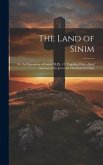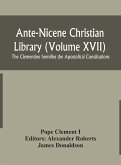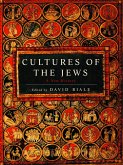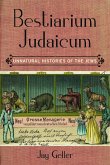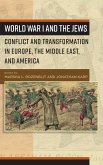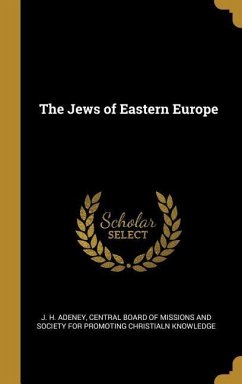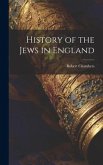John Chrysostom (347-407 AD) was perhaps the most important early Father of the Christian Church. He was born and rose to fame in the city of Antioch, in the south of present-day Turkey. His extensive knowledge of the Bible and his oratorical gifts made him a figure of renown already by his late 30s. As both a city of theological learning and one of the great crossroads of the ancient world, Antioch also became home to a large Jewish population. Thus, there was much interaction between Jews and Christians-and much conflict. As recounted in the New Testament, Jews played a pivotal role in the crucifixion of Jesus, and thus were hated on that count alone. But worse were the many accusations of immorality and criminality laid against them: they are crude materialists, living only for money and sensual pleasure; they cheat in business; they are gluttons and drunkards; they are liars and deceivers; and they "hate mankind." Chrysostom took note of all these Jewish failings and, in 386 AD, crafted a series of eight homilies or sermons, each attacking the some aspect of the Jews. These "homilies against the Jews" constitute the earliest extended anti-Jewish tract in history and stands-along with Martin Luther's On the Jews and Their Lies-as one of the harshest Christian critiques of the Hebrews ever written. This book will be of profound interest to Christians and non-Christians alike. For the religious, it stands as a reminder of the forceful views that once held sway in the Church. For others, it demonstrates the striking persistence, over centuries, of the many Jewish faults; indeed, this work suggests that nothing less than drastic action will be required to free society from adverse Jewish influences.
Bitte wählen Sie Ihr Anliegen aus.
Rechnungen
Retourenschein anfordern
Bestellstatus
Storno


